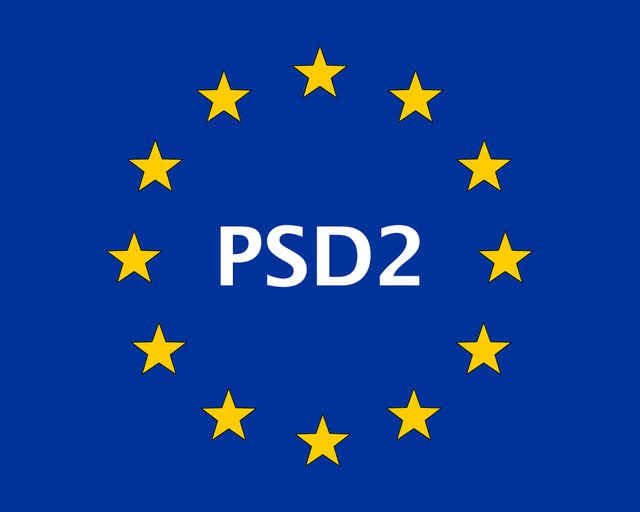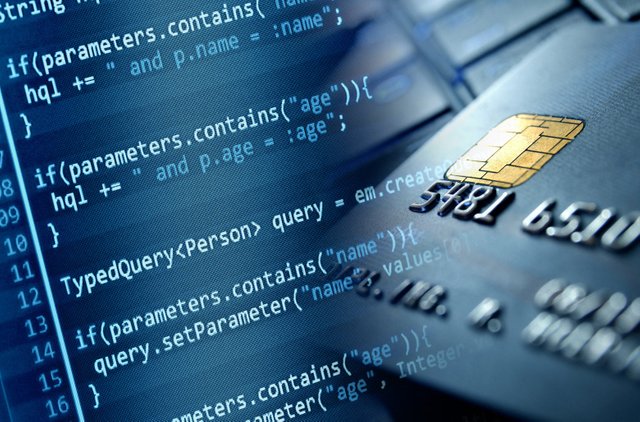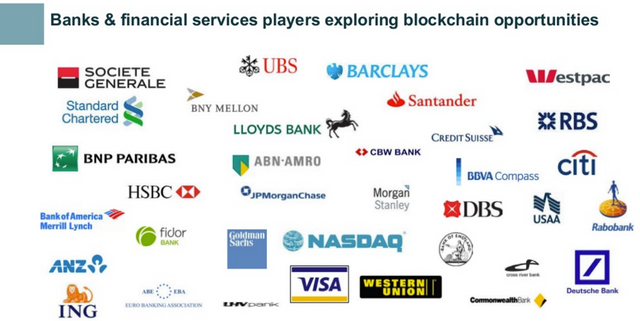PSD2: A Saviour For Banking? Rocket Fuel For Fintech? Or Both?

Earlier this year the EU's PSD2 initiative kicked off, aiming to shift toward an Open Banking standard. Through this directive, EU banks and any banks who trade in the EU are required to release standardized APIs that enable third parties to work with customer data.
This directive is a much needed modernization for the banking sector, and is a smart play for banks given the increasing pressure from fintech and crypto over the past few years. However it isn't without its risks and could help kickstart the beginning of the end of the reign of banks, or at least some banks who don't shift their strategies, because it empowers fintech companies while requiring a clear vision and hard work from banks to keep up.
Fintech Value Prop

What this means for fintech is clear: new, standardized and widely deployed APIs to develop fintech apps and dApps against, allowing for ever improving user experiences. For some fintech companies aiming to more directly compete with banks, this could provide a clear win for their onboarding process by allowing users to start using their tools before switching from their bank, and then seemlessly transferring without having to change their tools. Paired with crypto assets and modelled similarly to a credit union, services like this are bound to emerge within the next 12-18 months as the industry settles in with PSD2, and fintech companies start to get more ambitious. In a mobile app driven world, there's a huge opportunity for disruption in the financial services industry and PSD2 is going to kick off a deluge of new fintech projects.
Finance Value Prop

Given the risks of empowering the very fintech companies challenging their position, the benefit for banks is less clear, and its going to be up to them to create benefits. Forward thinking banks will refactor existing apps and internal systems to leverage their own new and standardized APIs and use this as an opportunity to cull legacy systems. They'll focus on UX for their customers and employees, and use the data available to provide improved insights and recommendations to the customers. They'll save on costs through standardized methods for interacting with their financial services environment and by extension will have reduced compliance costs due to data flow being standardized. The directive isn't without its benefits to banks, but looking at banks through a traditional lens would on the surface make this seem like a bigger win for fintech than finance.
The Real Benefit Is The Blockchain

There is however one clear benefit for banks though, and I think its why the answer to the title is both. Banks have been researching cryptocurrencies and blockchain technology for years now trying to figure out how they could leverage it for financial services. Its been clear to them blockchain technology could stand to drastically reduce operational costs, but so far the hard part about that has been one of data, both access to standarized data, and the ability for it to interact with the blockchain.
While EU banks have a lot of work ahead of them to become PSD2 compliant, once they are it solves the first issue by making financial data readily avilable for third parties to interact with, which marks a huge step forward toward banks adoptiong blockchain technology. The next step for them is to solve the problem of getting the data from their APIs onto the blockchain in a meaningful way, but that solution seems to be following closely behind PSD2 as Chainlink is set to launch its mainnet later this year. Chainlink's parent company SmartContract has been working closely with the financial services industry for a few years now and will enable for the first time the decentralized, bi-directional flow of data between on-chain smart contracts and off-chain APIs, which is exactly what banks will need in the post-PSD2 world to finally adopt blockchain technology.
The Ask
Do you think PSD2 will help or hurt banks in the long run? Do you think it suggests banks are getting close to adopting blockchains, and if so when do you think we'll start to see those projects released? What role, if any, do you think Chainlink will have for either fintechs or banks post-PSD2?
If you enjoyed the read and want to see what people think make sure to upvote and resteem to help get the conversation started :)
This post has been upvoted for free by @microbot with 0.1%!
Get better upvotes by bidding on me.
More profits? 100% Payout! Delegate some SteemPower to @microbot: 1 SP, 5 SP, 10 SP, custom amount
You like to bet and win 20x your bid? Have a look at @gtw and this description!